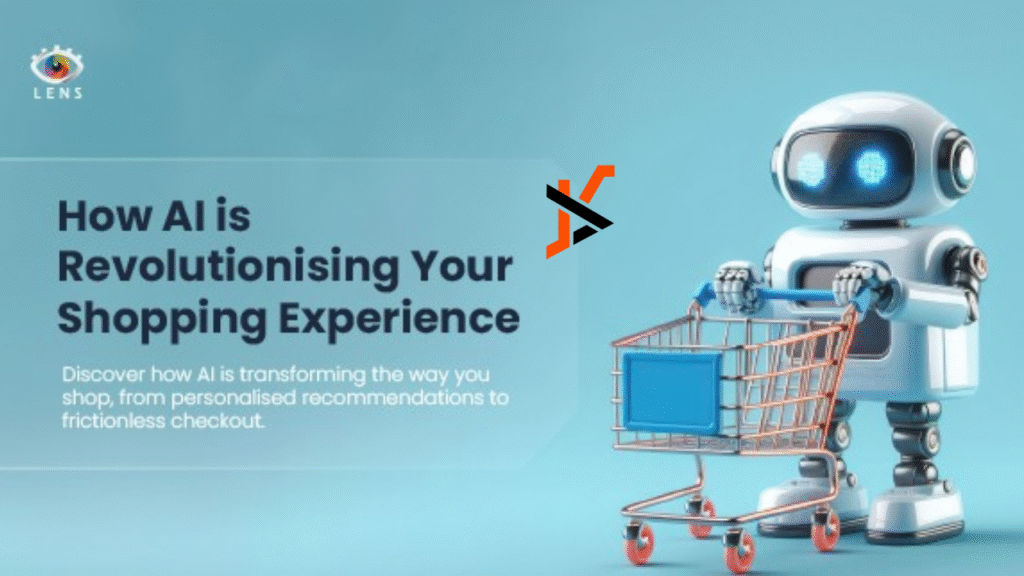The retail landscape is undergoing a profound transformation as artificial intelligence becomes increasingly sophisticated in understanding and anticipating consumer behaviour. This technological revolution is fundamentally altering how shoppers interact with brands, creating more intuitive, relevant, and engaging experiences than ever before.
The Rise of Intelligent Customer Understanding
Modern AI retail solutions have moved far beyond simple recommendation algorithms. Today’s systems analyse vast datasets encompassing purchase history, browsing patterns, demographic information, and even external factors like weather and social trends. This comprehensive approach enables retailers to build detailed customer profiles that evolve in real-time, capturing changing preferences and life circumstances.
The sophistication of these systems means that personalisation now extends to every touchpoint of the customer journey. From the moment a shopper visits a website or enters a store, AI algorithms begin tailoring the experience based on their unique profile and immediate context.
Dynamic Pricing and Intelligent Promotions
One of the most significant developments in AI-powered personalisation is the ability to offer dynamic, individualised pricing and promotions. Platforms like Retail Express are leading this charge with advanced software solutions that automate pricing decisions and manage promotions with unprecedented precision. These systems can analyse competitor pricing, inventory levels, demand forecasts, and customer price sensitivity to optimise offers in real-time.
This capability allows retailers to present each customer with promotions that are most likely to resonate with their specific preferences and purchasing power. Rather than blanket discounts that may erode margins unnecessarily, AI promotions can target price-sensitive customers whilst maintaining premium pricing for those less concerned with cost.
Predictive Shopping Experiences
AI’s predictive capabilities are perhaps most impressive in how they anticipate customer needs before shoppers themselves recognise them. By analysing seasonal patterns, life events, and consumption habits, AI can suggest products at precisely the right moment. This might involve recommending winter clothing as temperatures drop or suggesting baby products to expectant parents based on their browsing behaviour.
Demand forecasting algorithms have become so sophisticated that they can predict regional preferences, helping retailers stock the right products in the right locations whilst minimising waste and stockouts.
Omnichannel Personalisation
The most successful AI implementations seamlessly connect online and offline experiences. Customers might receive personalised mobile notifications about in-store promotions as they approach a retail location or find that their online browsing history influences the product recommendations displayed on in-store digital screens.
This level of integration ensures that personalisation follows customers across all channels, creating a cohesive brand experience that feels natural rather than intrusive.
As AI technology continues advancing, we can expect even more sophisticated personalisation capabilities. Voice recognition, computer vision, and advanced natural language processing will enable retailers to understand customer intent more precisely, whilst respecting privacy boundaries becomes increasingly important.
The retailers that successfully balance personalisation with privacy, leveraging AI retail solutions to enhance rather than overwhelm the shopping experience, will be best positioned to thrive in this new landscape. The future belongs to those who can make technology feel invisible whilst delivering maximum value to their customers.

